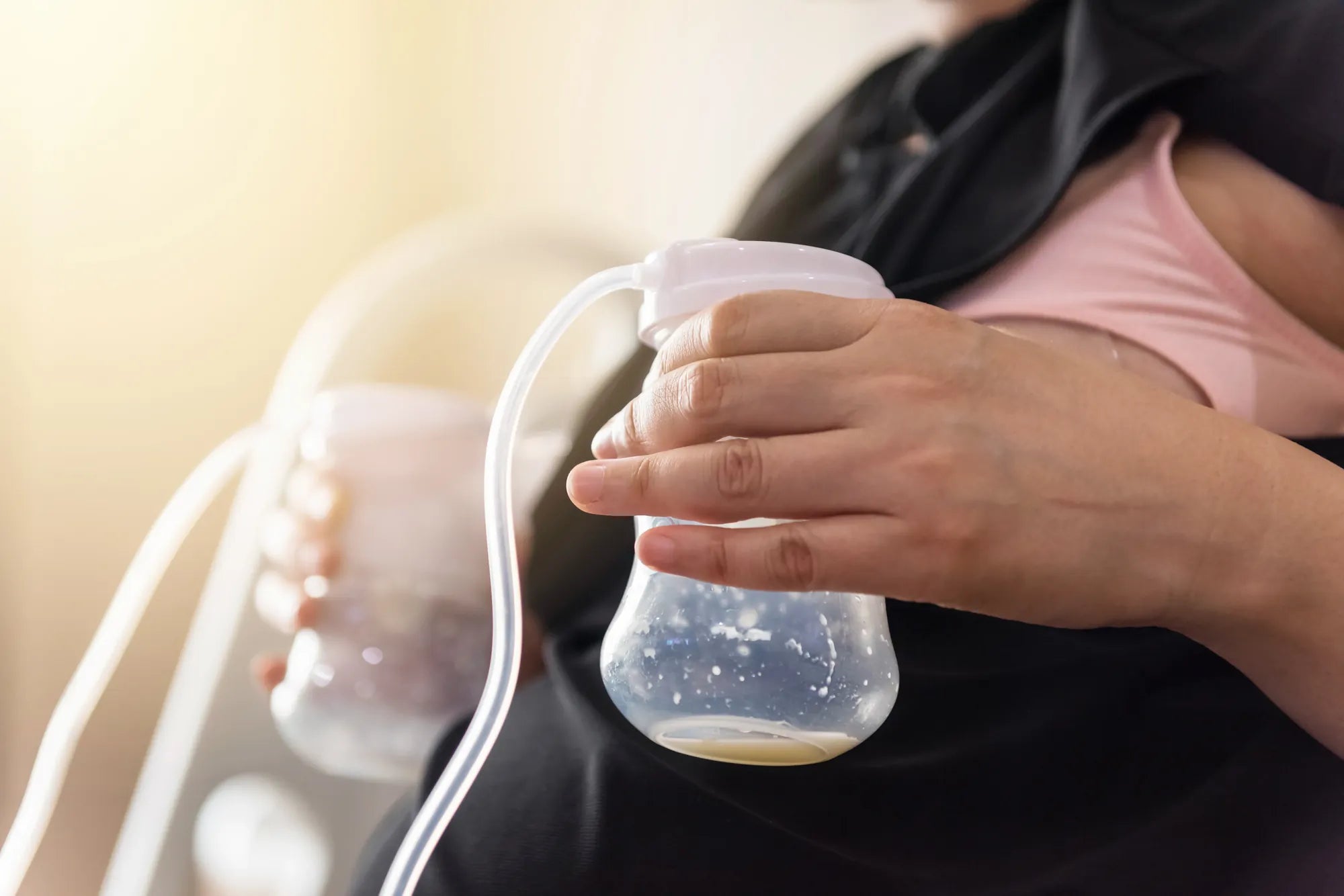Home
Pregnancy, Breastfeeding, and Pumping: The Ultimate Guide for Moms
Can You Use Any Bottle with Breast Pump? A Comprehensive Guide

Can You Use Any Bottle with Breast Pump? A Comprehensive Guide
Breastfeeding is a deeply personal and essential journey for many mothers, and breast pumps have become an invaluable tool in this process. One common question that arises is, 'Can you use any bottle with a breast pump?' The answer is not as straightforward as a simple yes or no. This article dives into the compatibility of bottles with breast pumps, the factors to consider, and practical tips to ensure a seamless experience.
Understanding Breast Pump and Bottle Compatibility
Breast pumps are designed to extract milk efficiently, but their compatibility with bottles depends on several factors. Most breast pumps come with their own set of bottles, but many mothers wonder if they can use other bottles they already own. The key lies in the design of the breast pump and the bottle.
Some breast pumps have a universal fit, allowing them to work with a wide range of bottles. Others are designed to work exclusively with specific bottles. The threading, size, and shape of the bottle neck play a crucial role in determining compatibility. For instance, bottles with standard threading are more likely to fit a variety of breast pumps.
Factors to Consider When Choosing Bottles
When deciding whether to use a particular bottle with your breast pump, consider the following factors:
- Threading: Ensure the bottle's threading matches the breast pump's flange. Mismatched threading can lead to leaks or improper suction.
- Material: Bottles come in various materials, such as glass, plastic, and silicone. Choose a material that is durable, easy to clean, and safe for your baby.
- Size: The bottle's size should accommodate the amount of milk you express. Larger bottles are ideal for mothers who produce more milk.
- Shape: The shape of the bottle can affect how it fits with the breast pump. Some shapes are more ergonomic and easier to handle during pumping sessions.
Tips for Using Non-Standard Bottles
If you want to use a bottle that didn't come with your breast pump, follow these tips to ensure compatibility:
- Check the Manufacturer's Guidelines: Review the breast pump's manual to see if it supports non-standard bottles. Some manufacturers provide compatibility lists.
- Test for Leaks: Before using a new bottle, test it with water to ensure there are no leaks when connected to the breast pump.
- Use Adapters: Some brands offer adapters that allow you to use bottles with different threading. These can be a game-changer for compatibility.
- Monitor Suction: Ensure the bottle doesn't interfere with the breast pump's suction. Poor suction can reduce milk output and cause discomfort.
Benefits of Using Compatible Bottles
Using bottles that are compatible with your breast pump offers several advantages:
- Convenience: You can pump directly into the bottle your baby uses, eliminating the need to transfer milk.
- Hygiene: Fewer transfers mean fewer opportunities for contamination, keeping your baby's milk safe.
- Cost-Effectiveness: If you already own bottles, using them with your breast pump can save you money on additional accessories.
- Consistency: Your baby may prefer a specific bottle, and using it with the breast pump ensures a consistent feeding experience.
Common Challenges and Solutions
While using non-standard bottles can be convenient, it may also present challenges. Here are some common issues and how to address them:
- Leaks: If you experience leaks, double-check the threading and consider using an adapter.
- Poor Suction: Ensure the bottle isn't blocking the breast pump's airflow. Adjust the fit if necessary.
- Incompatibility: If a bottle simply doesn't work with your breast pump, it may be best to stick with the manufacturer's recommended bottles.
Exploring Alternative Options
If you find that your preferred bottle isn't compatible with your breast pump, don't despair. There are alternative options to consider:
- Storage Bags: Pump directly into storage bags designed for breast milk. These are often compatible with most breast pumps.
- Universal Bottles: Invest in bottles specifically designed to work with a wide range of breast pumps.
- Custom Solutions: Some companies offer custom adapters or accessories to make non-standard bottles work with your breast pump.
Ultimately, the question 'Can you use any bottle with a breast pump?' depends on the specific design of your breast pump and the bottle. By understanding the factors that influence compatibility and exploring practical solutions, you can create a pumping experience that works best for you and your baby. Whether you stick with the manufacturer's bottles or find a way to use your preferred ones, the goal is to make breastfeeding as convenient and comfortable as possible.
Share

